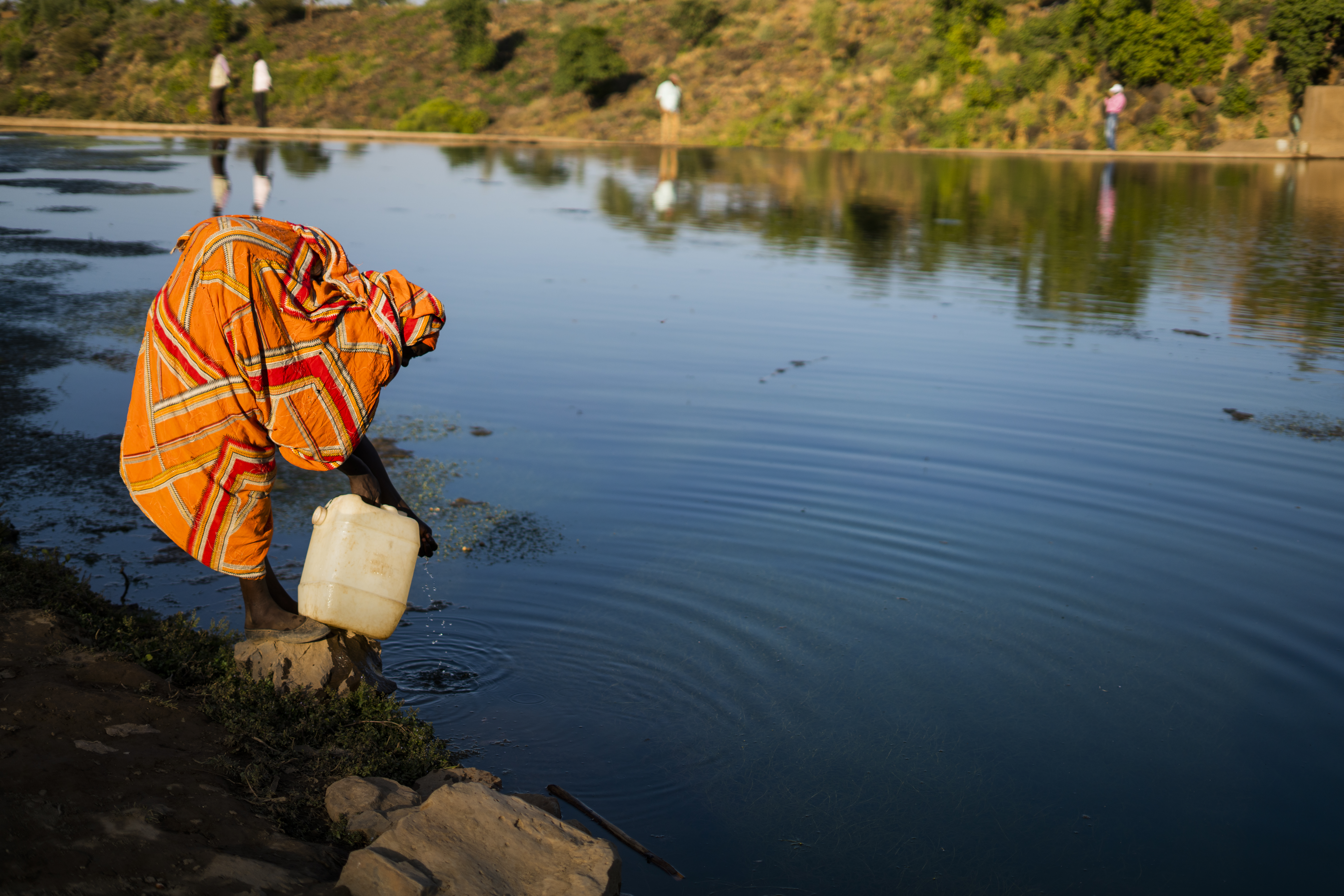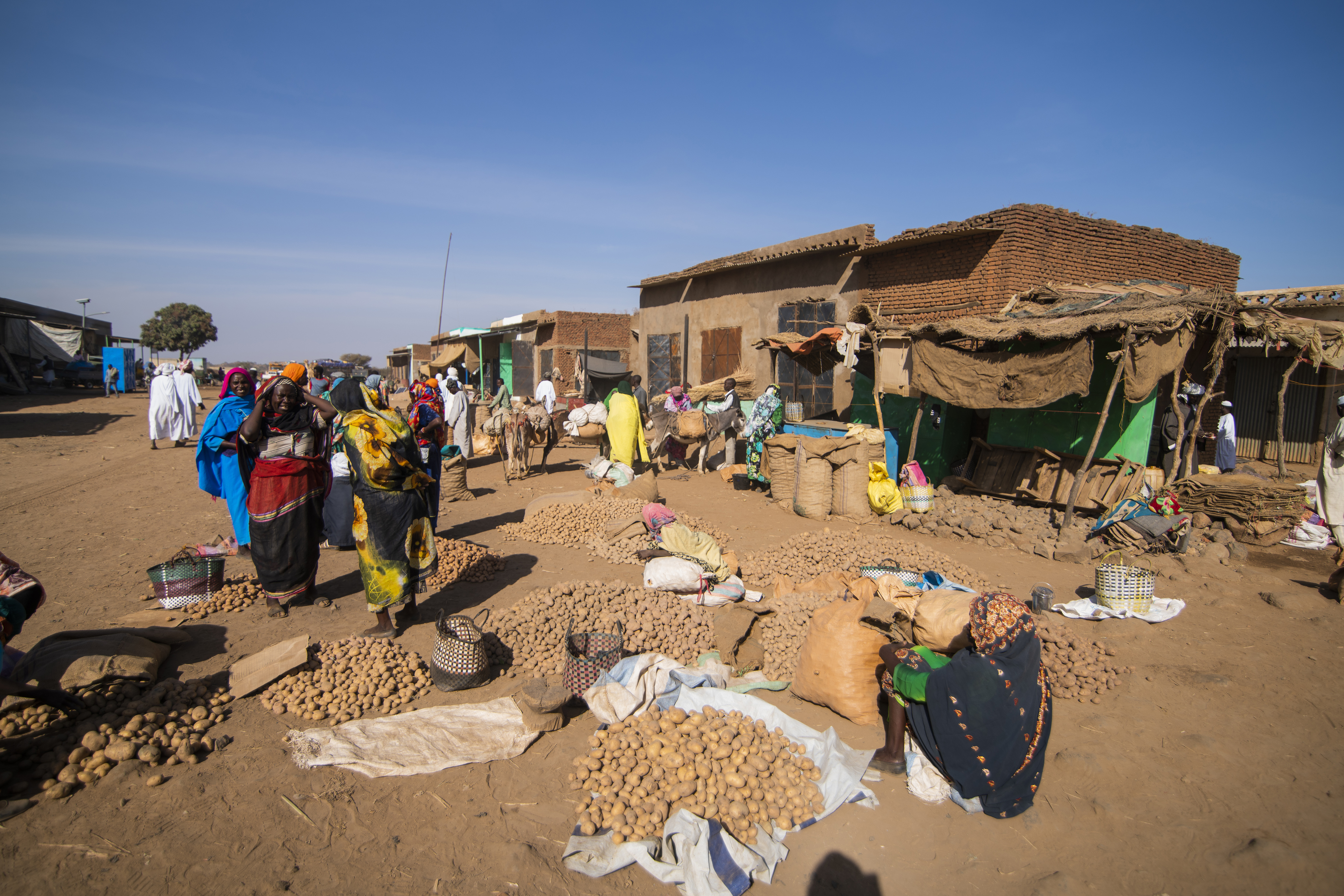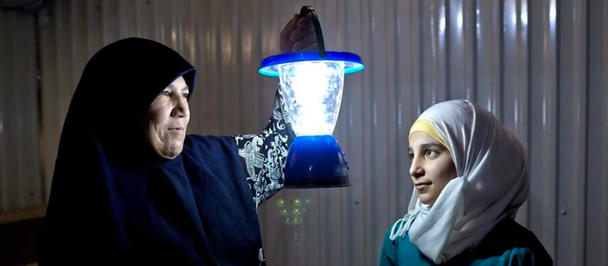Women must be central to our crisis response efforts in Sudan
January 4, 2024

The conflict in Sudan has taken a toll on food security, livelihoods, public infrastructure and basic services, with women and girls disproportionately affected.
As we begin a new year, Sudan is once more grappling with an alarming surge in violence. Since April, the nation has been ensnared in a conflict that has given rise to one of the world's most severe humanitarian crises. Nearly 7 million people have been displaced, their lives upended and their communities shattered.
The toll on human lives, food security, livelihoods, public infrastructure and basic services is devastating. It is impossible to look back on the past year and not feel acutely the weight of the trauma and anguish the people of Sudan have experienced, and the sense of devastation and anxiety that pervades now as the violence continues.
Amid the chaos, there is an even starker reality: women and girls are disproportionately affected. They are experiencing increased poverty, violence, displacement, and limited access to essential services, healthcare and opportunities. Reports of sexual violence have also spiked since the conflict erupted. UN experts have been raising concern amid widespread reports of gender-based violence, including sexual violence as a tool of war to subjugate, terrorize, break and punish women and girls, and as a means of punishing specific communities.
UNDP, which has been working with the people of Sudan since 1965, remains steadfast in our commitment to support affected communities on the ground, especially in these trying times. A crucial aspect of our response is recognizing and addressing the gendered implications of this crisis. This includes ensuring that women's voices are heard, their needs are prioritized, and their participation is integral to all aspects of crisis response, recovery and peacebuilding.

The conflict in Sudan has given rise to one of the world's most severe humanitarian crises. Nearly 7 million people have been displaced from their homes.
In the immediate aftermath of the conflict, UNDP swiftly adapted its programmes to address the most urgent emerging needs. This involved restoring basic services and infrastructure, such as improving access to energy, water and health care. Additionally, efforts were directed towards promoting economic recovery and livelihoods, and strengthening local governance, civic engagement and social dialogue.
To tackle the gendered impact of the crisis head on, UNDP is collaborating with civil society organizations. In Blue Nile State, initiatives for women's economic empowerment and gender-based violence programming are underway. The Joint Programme in Abyei aims to alleviate extreme poverty and address gender discrimination by enhancing community access to essential services.
In Heiban and Delami, UNDP is actively engaging local leaders, administration, police and judiciary through workshops on conflict resolution, peacebuilding and civic law. Furthermore, in Blue Nile, a practical approach involves the distribution of 600 goats to 150 female heads of household in various localities. The women not only receive livestock but also undergo comprehensive animal husbandry training and are provided with basic medicines for animal treatment.
As we reflect on the challenges faced by the people of Sudan, it is crucial to acknowledge the resilience of communities in the face of adversity. UNDP's focused and gender-sensitive interventions strive not only to meet immediate needs but also to empower women, ensuring their active participation in rebuilding a more inclusive and sustainable future for Sudan.
The road to recovery is long, but with concerted efforts and a commitment to address gender disparities, even in the midst of crisis, there is hope for a brighter tomorrow.

 Locations
Locations




